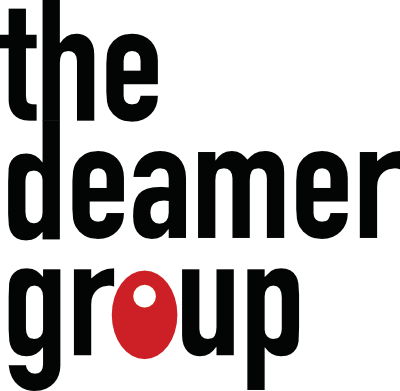
In today’s increasingly polarized political climate, it’s no surprise that discussions about politics can sometimes spill over into the workplace, leading to tension and conflict among colleagues. As HR professionals, it’s our responsibility to maintain a healthy work environment where all employees feel respected and valued, regardless of their political beliefs. Here are some strategies, including a few unconventional ones, to effectively address and manage political conflict in the workplace.
1. Establish Clear Policies
The first step in managing political conflict is to ensure that your organization has clear policies in place regarding political discussions. While you don’t want to stifle free speech, it’s important to set boundaries to prevent discussions from escalating into arguments. Your policies should outline acceptable behavior, and the consequences for not adhering to these guidelines.
2. Encourage Respectful Dialogue
Fostering a culture of respect is crucial. Encourage employees to engage in respectful dialogue, even when they disagree. This can be promoted through regular training sessions on communication and conflict resolution. Emphasize that while diverse opinions are welcome, they must be expressed in a way that does not demean or alienate others.
3. Create Safe Spaces
Providing employees with safe spaces to voice their concerns can help prevent conflicts from escalating. This could be in the form of regular check-ins with HR, an anonymous suggestion box, or designated times when employees can discuss sensitive topics in a structured environment. These spaces should be monitored by a neutral party to ensure that the discussions remain constructive.
4. Lead by Example
Leadership plays a critical role in setting the tone for the entire organization. HR leaders and managers should model the behavior they expect from their employees. This includes refraining from discussing personal political beliefs at work and handling conflicts with empathy and fairness.
### 5. **Address Conflicts Promptly**
When conflicts do arise, it’s important to address them quickly and effectively. Ignoring the issue can lead to a toxic work environment, decreased morale, and even potential legal issues. HR should investigate the conflict, mediate discussions if necessary, and work with all parties involved to find a resolution that aligns with the organization’s values.
### 6. **Provide Support for Employees**
Politics can be a deeply personal and emotional topic. Providing support for employees, whether through counseling services, mental health resources, or an employee assistance program (EAP), can help them navigate their feelings and maintain a positive outlook at work.
### 7. **Revisit and Revise Policies as Needed**
As the political landscape changes, so too should your policies. Regularly review your organization’s policies on workplace behavior and conflict resolution to ensure they remain relevant and effective. This might involve updating guidelines on social media use, revisiting dress codes to address political symbols, or adjusting your approach to remote work environments where political discussions might be more prevalent.
### 8. **Host a ‘Perspectives Exchange’ Lunch**
Here’s a creative idea: organize a voluntary, moderated “Perspectives Exchange” lunch where employees can discuss hot-button topics in a structured, respectful setting. The key is to create an atmosphere of curiosity rather than debate. Participants can share how their personal experiences shape their views, helping others understand different perspectives without the pressure to agree. Providing food and a neutral space can make this a more relaxed and open environment, encouraging empathy and mutual respect.
### 9. **Gamify Conflict Resolution**
Another unconventional approach is to gamify conflict resolution. You can create a role-playing game where employees take on different perspectives (opposite to their own) in a simulated political discussion. The goal is not to change minds but to foster understanding and empathy. By “playing” the other side, employees may gain new insights and reduce the intensity of their own political passions in the workplace.
### Conclusion
Managing political conflict in the workplace requires a delicate balance between respecting freedom of speech and maintaining a harmonious work environment. By establishing clear policies, promoting respectful dialogue, and providing support for employees, HR professionals can help create a workplace where everyone feels safe and valued, regardless of their political views.
The key is to be proactive, empathetic, and fair, ensuring that your organization remains a place of professionalism and respect, even in these politically charged times.
—
These creative approaches not only address the issue at hand but also build a stronger, more empathetic workplace culture.
